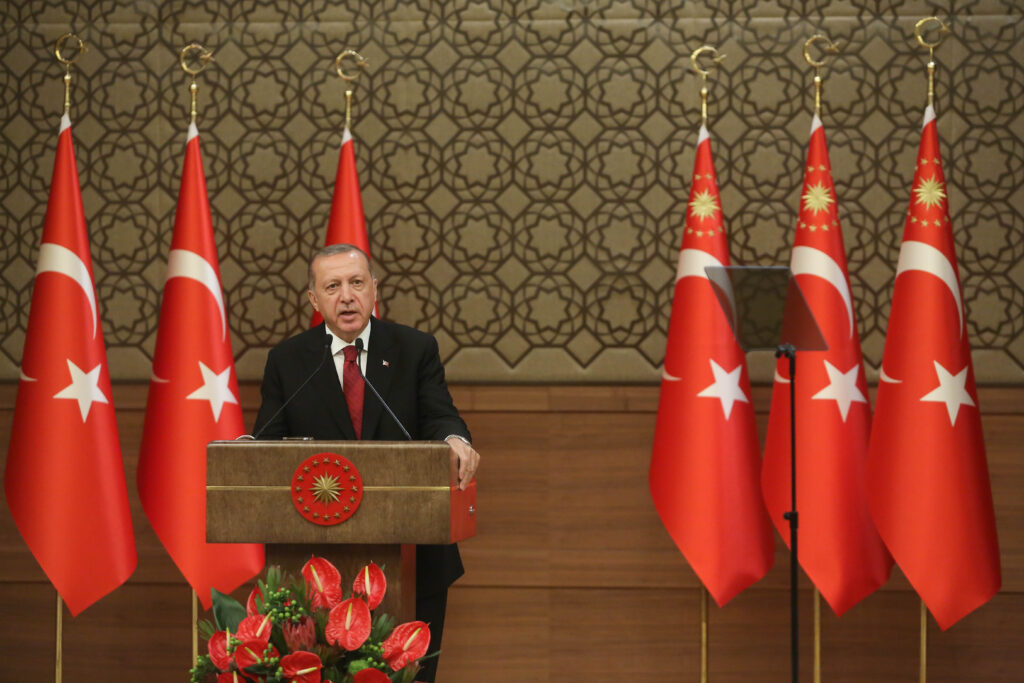In a notable diplomatic shift, Turkey has denied the United States access to its airspace for military operations against Iran. This decision not only highlights Turkey’s pursuit of an independent and sovereign foreign policy but also carries broader implications for regional stability and global geopolitics.
By making this move, Turkey clearly signals a change in its strategic priorities. Moreover, the denial of airspace access directly challenges the United States’ regional influence. It also reflects Turkey’s growing autonomy in shaping its foreign relations.
Consequently, this shift could significantly alter dynamics in the Middle East. In addition, it may impact the U.S.’s military strategy in the region. Therefore, countries around the world are expected to closely monitor the situation and assess its influence on global geopolitics.
An Independent Foreign Policy
Turkey’s decision highlights its commitment to an autonomous foreign policy. It aims to stay free from the influence of larger global powers. By taking this stance, Turkey asserts its right to make decisions that support its national interests and regional goals.
Promoting Regional Stability
By refusing the US request for airspace access, Turkey aims to prevent further escalation of tensions in the Middle East—particularly regarding Iran. This decision reflects its effort to act as a mediator and a stabilizing force in the region. Turkey advocates for peace and dialogue over conflict.
Strategic Geopolitical Position
Turkey’s move underscores its strategic importance as a key player in the Middle East. As a NATO member and a bridge between Europe and Asia, its actions carry significant weight. They have the potential to influence the course of regional events.
Evolving Relationships
Turkey’s decision reflects its evolving relationship with both the United States and Iran. While maintaining its strong ties with the US through NATO and other alliances, Turkey also seeks to build constructive relations with its neighbors, including Iran.
A Message of Balance and Diplomacy
By denying airspace access for US operations against Iran, Turkey sends a nuanced message about its regional diplomacy. This move shows its commitment to engaging with all parties in a balanced and measured way.
Conclusion
Turkey’s decision to deny the US access to its airspace is a multifaceted diplomatic move. It signals the country’s pursuit of an independent foreign policy and a strong commitment to regional stability. The decision also reflects Turkey’s strategic influence in the Middle East. It showcases efforts to handle complex geopolitical challenges while protecting national interests and promoting peace and dialogue in the region.

